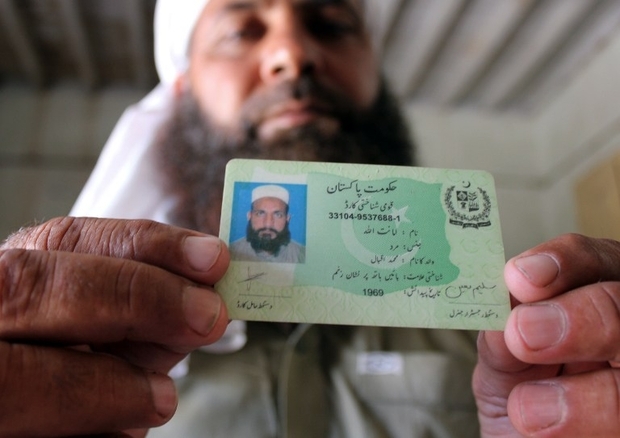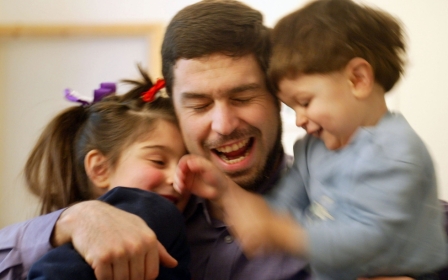Seized and held in Afghan jail for 10 years, UK hears victims' case in secret

The case of two Pakistani men who were subjected to extradordinary rendition by the UK in 2004 is to be heard in a secret court, angering human rights campaigners who branded it a "dark day for British justice".
Amanatullah Ali and Yunus Rahmatullah were detained by the UK in Iraq during the occupation, before being handed over to US forces.
The couple were rendered to Bagram airbase in Afghanistan where they suffered torture and were held without trial for a decade.
They were released without charge 10 years later, in 2014.
Their capture and transfer to US forces was initially kept secret from British ministers and only disclosed to the House of Commons in 2009 by then-defence secretary John Hutton.
Successive British governments have for years tried to prevent their cases, together with the better-known one of Abdel Hakim Belhaj, former leader of the Libyan Islamic Fighting Group, from being heard in court.
"This is a dark day for British justice," said Omran Belhadi, a lawyer for the human rights organisation Reprieve assisting the victims. "The government is insisting on secret hearings – concealed even from the victims – to continue covering up its error.
"It is a blatant attempt to bury the embarrassing truth about the UK’s role in renditions. With the new US president vocally supporting torture, it’s more important than ever that we learn from the mistakes of the past – and never repeat them. The government should urgently withdraw its bid for secrecy.”
British officials and their "servants and agents" were "recklessly indifferent to the illegality of their actions," Rahmatullah's lawyers told the high court in earlier hearings.
Rahmatullah has described in detail his torture and abuse, in a 60-page document drawn up by his lawyers.
He says he was beaten unconscious when he was captured by British special forces in Iraq in early 2004.
Soldiers cut his clothes off with a pair of scissors until, he says, he was "completely naked".
He was locked in a solitary cell with rats and cockroaches.
Alongside other Bagram detainees, he was exposed to daylight in 2006 for the first time in two and a half years.
After going on hunger strike, he says he was subjected to force-feeding on six separate occasions.
Apart from limited communication with International Committee of the Red Cross (ICRC) representatives, he had no contact with the outside world, including his family, until 2010, after six years in detention.
New MEE newsletter: Jerusalem Dispatch
Sign up to get the latest insights and analysis on Israel-Palestine, alongside Turkey Unpacked and other MEE newsletters
Middle East Eye delivers independent and unrivalled coverage and analysis of the Middle East, North Africa and beyond. To learn more about republishing this content and the associated fees, please fill out this form. More about MEE can be found here.




